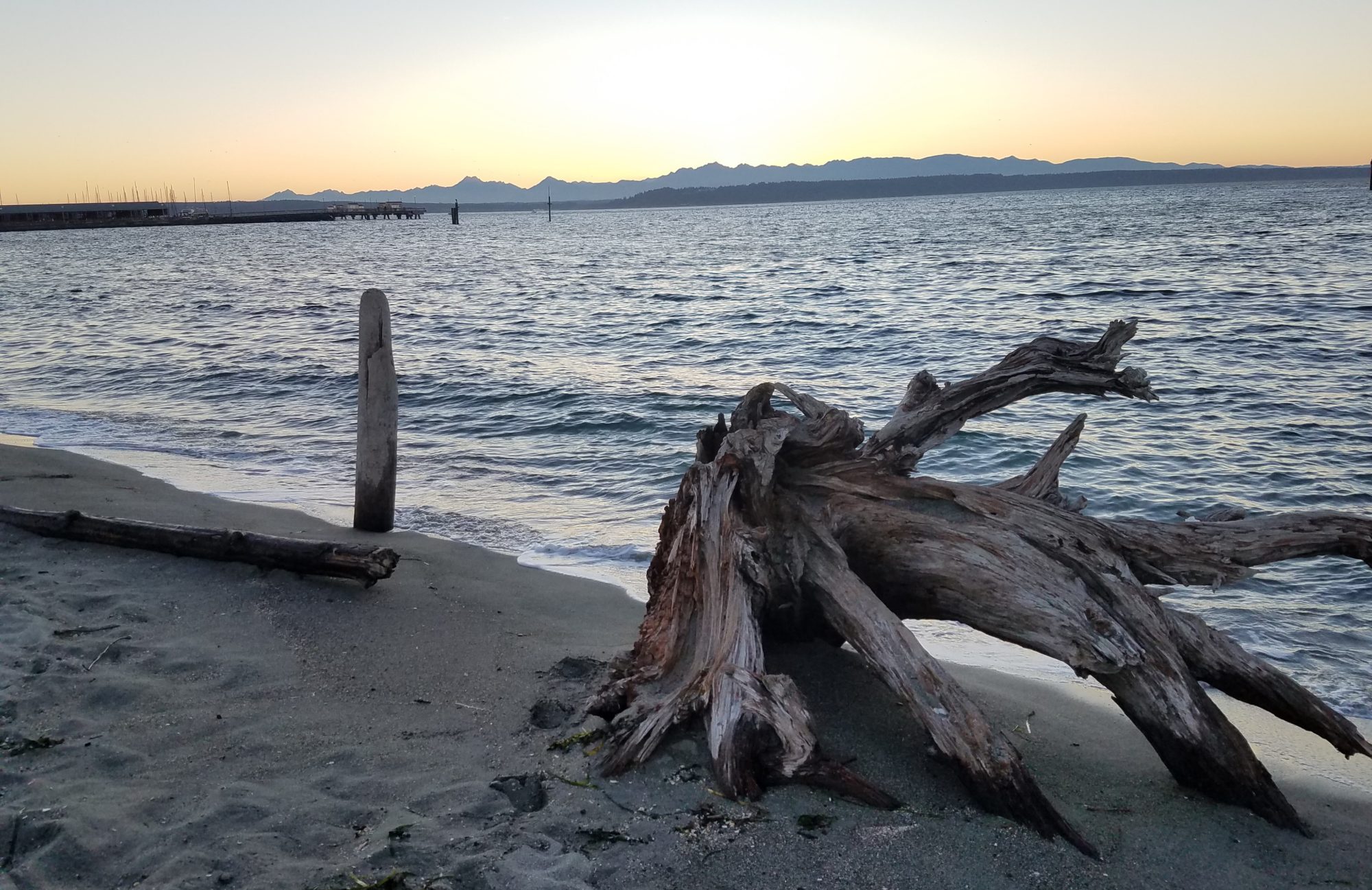I am honored and pleased to share (with permission) this poignant and beautiful parable, created by my friend Rev. Clovice A. Lewis, Jr.
The Merik
Once upon a time there was a huge inland lake. It was teeming with underwater plant life and a million varieties of fish. An entire civilization of people lived on the lake and depended on it for life. They lived on separate nationships of all kinds. They traded with each other. Sometimes they fought, absorbing the people from one boat into another. They made the captives work to rebuild the ships of the victors. Sometimes the captured workers eventually assimilated to the point of being virtually identical to the people who once oppressed them.
Most boats and ships on the lake were propelled by the wind. There were as many shapes of sails as there were sea craft. Everyone fished enough for their needs.
One day a group of people with big guns attacked another ship and seized it. They made its people live in the corners and captured others to build a large ship they called “Merik”. The attackers said, “Let us make a rule that this must always be the most opulent, fastest, most heavily armed, and most powerful ship on the lake. Let us make another rule that only our progeny can own and sail the Merik.” They built an engine to power the Merik that used fish and water as fuel. The byproducts of the engine were soot in the air and an oily film that polluted the water. But the few people who were the masters of the Merik lived in astonishing wealth and luxury. They kept the ship tall and narrow so it could slice through the water at a speed no others could match. The masters lived on top and built their living quarters above the workers they captured in ever higher layers. The Merik was not very seaworthy, but used the thrust from its powerful engines to keep it afloat. They also used their giant guns to blast other boats out of the water when they were threatened or angered.
Over time the workers on the Merik gained some power. They said “Let us reshape the Merik so that its luxury is shared, so it is fast but seaworthy, armed but friendly, and powerful but cooperative. Let us also make a rule to let everyone own and sail the Merik so that the lake can be preserved.” All of the people of the Merik made this pledge. They scaled back the polluting, inefficient engine and erected the largest, most beautiful and efficient sails. They also transformed the single-hulled Merik into three large and deep streamlined hulls joined by broad platforms so that everyone could enjoy the sun. The luxury appointments were spread out on the platforms – not vertically placed. The once conquered people were welcomed to participate in improving the design of the ship and sharing its responsibilities. The Merik shared its products and ideas with others on the lake. Trade blossomed. The old engines of the Merik were to be discarded and most of the large guns were to be dismantled because the lake was being polluted and the environment was becoming unsustainable.
More time passed. The lake became more polluted. Scientists warned that people needed to preserve the lake or everyone would die.
Instead of cooperating with each other some nations started to build large ships like the Merik. There was competition to see who could build the fastest, most luxurious, most powerful ships. Big and little wars broke out as nationships were absorbed for their resources. Their people were killed or forced into economic slavery to support the few wealthy people living at the tops of their narrow ships.
The progeny of the original makers of the Merik abandoned their pledges for fairness, cooperation, and preserving the lake for future generations because they were afraid of the future. They were afraid all the changes made in the ship and its ownership would make them unsafe. So, they insisted on reshaping the ship to the original specifications (they said “Make the Merik Great Again”). They discarded the sails and turned the old engines back on at full throttle. They pulled out their guns again to threaten everyone else and chopped away, without regard to designing a ship that would be sustainable for its crew and the lake it sailed upon.
The scientists were correct.
The end.
Clovice A. Lewis, Jr.
